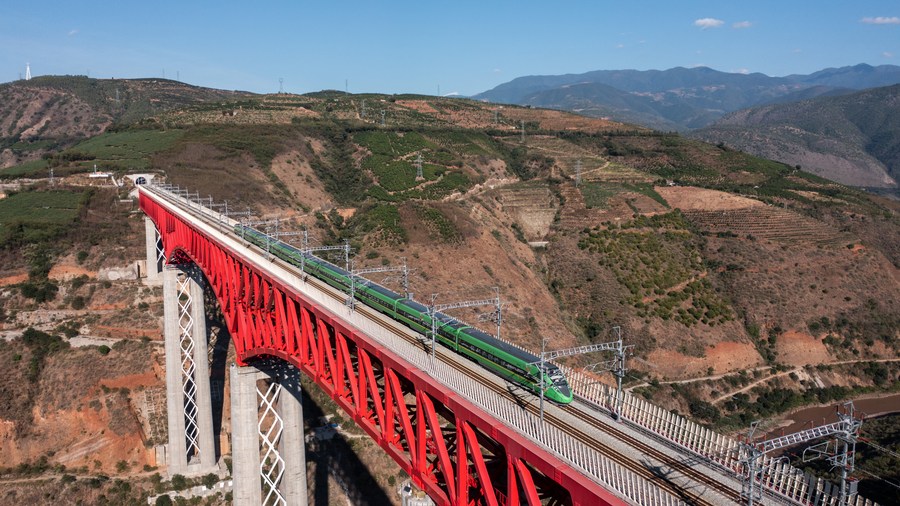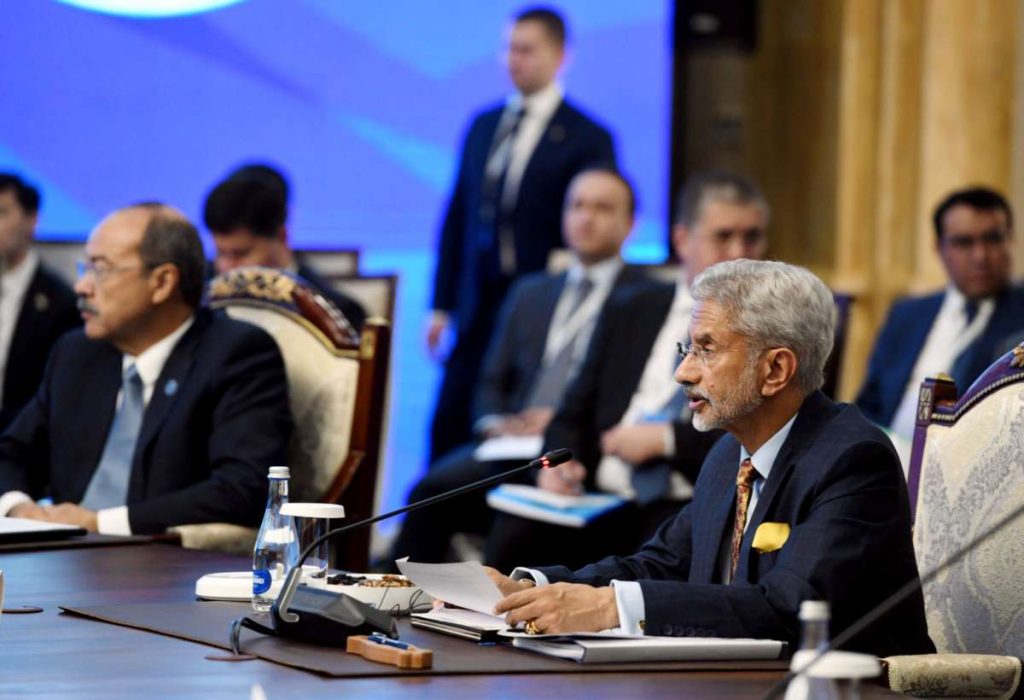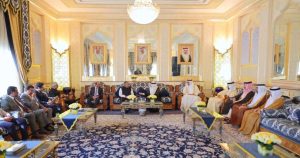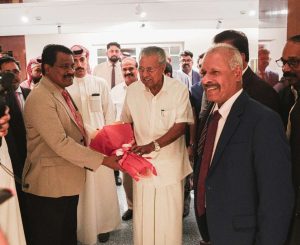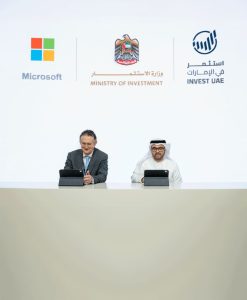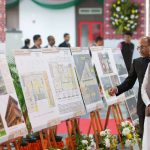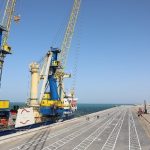During the SCO summit in July hosted by New Delhi, India did not endorse the BRI while other members supported the project…reports Asian Lite News
India on Thursday once again refused to endorse China’s ambitious Belt and Road Initiative, becoming the only country in the Shanghai Cooperation Organisation not to support the multi-billion-dollar infrastructure project.
A Joint communique at the end of the 22nd meeting of the Heads of Government Council of the SCO here said that Iran, Kazakhstan, Kyrgyz Republic, Pakistan, Russia, Tajikistan and Uzbekistan reaffirmed their support for China’s Belt and Road Initiative (BRI) – the pet project of Chinese President Xi Jinping.
It said that they noted ongoing work to jointly implement this project, including efforts to align the development of the Eurasian Economic Union and the Belt and Road Initiative.
During the SCO summit in July hosted by New Delhi, India did not endorse the BRI while other members supported the project.
India has protested to China over the USD 60 billion China-Pakistan Economic Corridor – the flagship project of the BRI – as it is being laid through the Pakistan-occupied Kashmir (PoK).
External Affairs Minister S Jaishankar, who attended the summit in Bishkek, said that SCO members should work together to promote stability and prosperity in the region by strictly adhering to the principles of international law, respecting the sovereignty and territorial integrity of each other and encouraging economic cooperation.
In his address, Jaishankar also said that the India-Middle East-Europe Economic Corridor and the International North-South Transport Corridor could become “prosperity enablers.”
The India-Middle East-Europe Economic Corridor, which many see as an alternative to China’s BRI, was jointly announced by the leaders of the US, India, Saudi Arabia, the United Arab Emirates, France, Germany, Italy and the European Union on the sidelines of the G20 summit in September.
The International North-South Transport Corridor is a 7,200-km long multi-mode network of ship, rail, and road routes for moving freight between India, Iran, Azerbaijan, Russia, Central Asia and Europe.
The BRI has raised global concerns over China’s debt diplomacy of extending huge loans to smaller countries for unsustainable infrastructure projects.
The Hambantota port, which was funded by a Chinese loan, was leased to Beijing in a 99-year debt-for-equity swap in 2017 after Sri Lanka failed to pay off the debt.
China is doling out huge sums of money for infrastructure projects in countries from Asia to Africa and Europe. The US’ previous Donald Trump administration had been extremely critical of the BRI and was of the view that China’s “predatory financing” is leaving smaller countries under huge debt endangering their sovereignty.
ALSO READ-China Backs UAE’s Hosting of COP28

